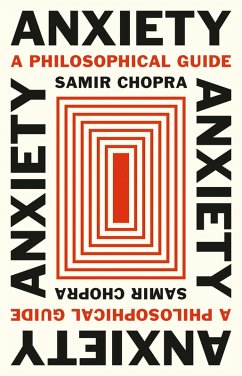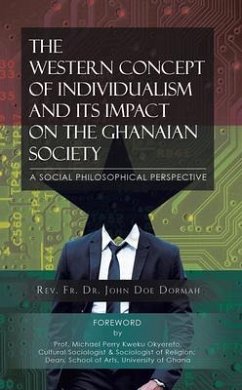
Cultural salons and their impact on public awareness (eBook, ePUB)
Sofort per Download lieferbar
6,49 €
inkl. MwSt.

PAYBACK Punkte
0 °P sammeln!
Ideas and perceptions about "salons" vary to the point of contradiction. They are between an enthusiast, a participant who sees their spread as a sign of social, psychological, and cultural health, and an underestimated person who judges that their time has expired, or that their usefulness has failed, or that they have deviated from their goals. Each of the two groups has its reasons and inferences, and we will see that special seminars were held in Salons are specific to discuss this issue. The author of the book does not fail to mention two principles: The first principle: The "salon" - wha...
Ideas and perceptions about "salons" vary to the point of contradiction. They are between an enthusiast, a participant who sees their spread as a sign of social, psychological, and cultural health, and an underestimated person who judges that their time has expired, or that their usefulness has failed, or that they have deviated from their goals. Each of the two groups has its reasons and inferences, and we will see that special seminars were held in Salons are specific to discuss this issue. The author of the book does not fail to mention two principles: The first principle: The "salon" - whatever its subject, direction, or level - works among people and is achieved in society. It is not an individual activity. It may begin with an individual's idea, but it only takes its form with the general diverse presence, continuity, and stability of the organizational system. The second principle: Literature, art, culture, and other human emotional products do not have a complete existence except in the presence of the recipient. There is no meaning for creativity that its owner stores and closes his chest or papers to. Rather, modern critical theories condition the principle of complete existence on closing the circle consisting of three poles: the producer, the recipient, The critic, which means not being satisfied with negative reception, there must be a critic who repeats the statement to the creator so that he can carry out his next experience, and to the general recipient, to strengthen his relationship with creativity and guide knowledge by putting it in its correct place.
Dieser Download kann aus rechtlichen Gründen nur mit Rechnungsadresse in A, B, BG, CY, CZ, D, DK, EW, E, FIN, F, GR, H, IRL, I, LT, L, LR, M, NL, PL, P, R, S, SLO, SK ausgeliefert werden.













